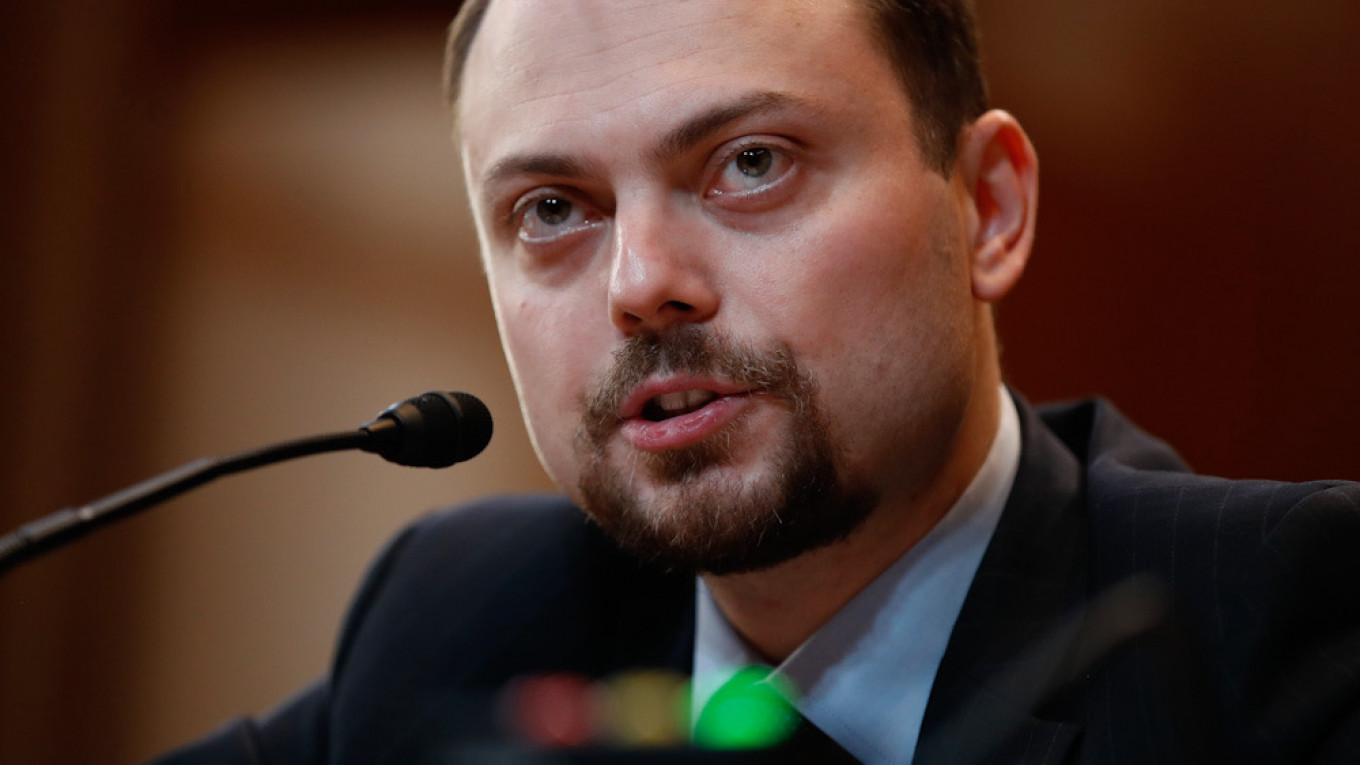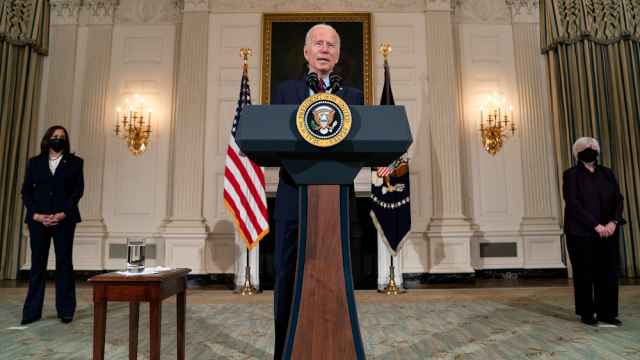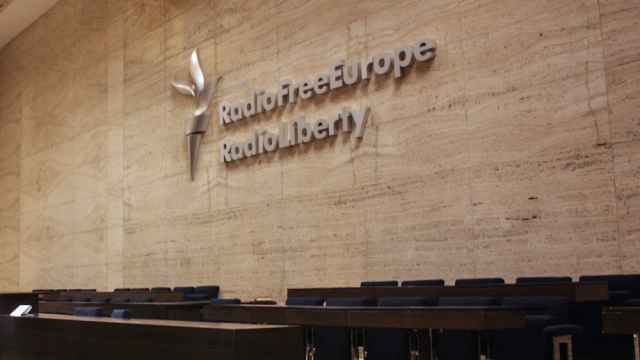United States investigators probed Russian opposition activist Vladimir Kara-Murza Jr.’s suspected poisonings as “intentional” acts, the U.S.-funded Radio Free Europe/Radio Liberty news outlet reported Tuesday, citing newly obtained records.
Kara-Murza, 39, says he was deliberately poisoned in Moscow in 2015 and 2017 as retaliation for his lobbying efforts to impose U.S. and EU sanctions against Russian officials accused of human rights abuses. In both cases, Russian doctors said Kara-Murza had suffered the toxic effects of an “unidentified substance” and Russian authorities denied the poisonings.
“The FBI is investigating this matter as a case of intentional poisoning,” a June 2018 FBI summary report said, according to RFE/RL.
Citing Justice Department documents, RFE/RL reported that American doctors and scientists tested Kara-Murza’s samples from the 2015 incident for evidence of a biotoxin or radioactive substance.
While Kara-Murza’s blood samples were tested independently by a leading U.S. weapons-research lab, most of the records were withheld from the activist and his lawyer "for consultation with other agencies," RFE/RL reported.
Records released to Kara-Murza did not include test results for polonium and dioxin, only citing samples that had "minimal volume, which ma[de] testing difficult and limited.
“And while the documents released so far suggest that U.S. authorities tested Kara-Murza's blood and urine for sophisticated poisons, to date they have provided no records or summaries related to the results of such tests,” RFE/RL said.
The latest news follows the poisoning of Russian opposition figure Alexei Navalny with what Germany and other Western governments say was a Novichok nerve agent in August.
Kara-Murza’s lawyer Stephen Rademaker “expressed frustration at Washington's reticence regarding Kara-Murza's case compared to Germany's swift announcement of its conclusion in Navalny's case,” RFE/RL reported.
A Message from The Moscow Times:
Dear readers,
We are facing unprecedented challenges. Russia's Prosecutor General's Office has designated The Moscow Times as an "undesirable" organization, criminalizing our work and putting our staff at risk of prosecution. This follows our earlier unjust labeling as a "foreign agent."
These actions are direct attempts to silence independent journalism in Russia. The authorities claim our work "discredits the decisions of the Russian leadership." We see things differently: we strive to provide accurate, unbiased reporting on Russia.
We, the journalists of The Moscow Times, refuse to be silenced. But to continue our work, we need your help.
Your support, no matter how small, makes a world of difference. If you can, please support us monthly starting from just $2. It's quick to set up, and every contribution makes a significant impact.
By supporting The Moscow Times, you're defending open, independent journalism in the face of repression. Thank you for standing with us.
Remind me later.






